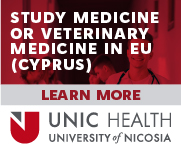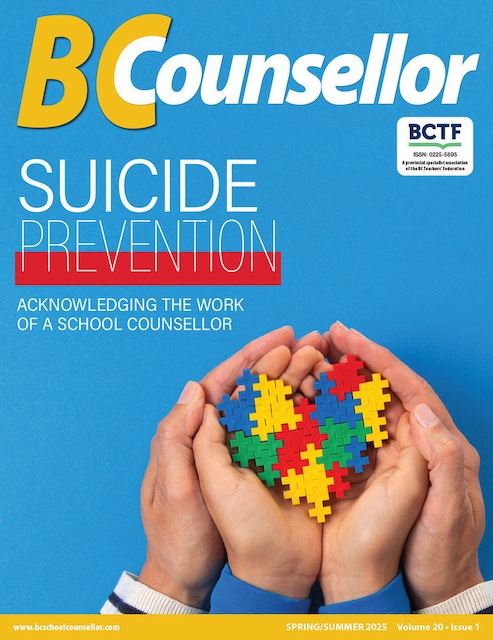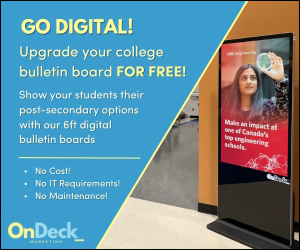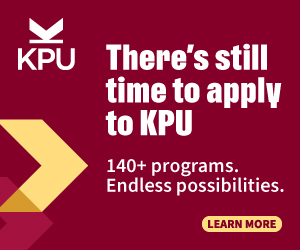
| Archive | Printer Friendly | Send to a Friend | BC Counsellor |
|
Counselling Corner
This 10‑minute online survey invites British Columbia School Counsellors to share their experiences around professional wellness—what helps them thrive, what barriers they face, and what additional supports they need. Who is gathering the information? This Provincial Teacher Inquiry Project (TIP) is facilitated and funded by the BC Teachers’ Federation (BCTF). The TIP Team consists of 12 School Counsellors from across BC. Purpose To identify current strengths and gaps in supports for school counsellor wellness across BC, including variations by school level and district setting. Intended use of the data The results may help to: -Highlight effective wellness supports and professional‑wellness practices; If direct quotes are needed for publications or presentations, individual consent will be requested. If you have any questions, please feel free to reach out to Lexa Villette at lexavillette@gmail.com The Learning Curve
Supports in the the Spotlight II Check out a new report from the McCreary Centre Society on the experiences of youth in and from government care and how to support them. This comprehensive document includes demographics of youth in and from care, the status of their health and well-being (both mental and physical), and a variety of supports which can be helpful. Add this to your summer reading list! Have you seen the "Supporting Students in Times of Change" document from the Ministry of Education and Childcare? The document includes helpful tips and suggested actions for when encountering students going through major life transitions, as well as appendices containing supporting resources and classroom exercises. Check it out at the link below! Vancouver Coastal Health hosts a plethora of resources on their website available for schools and educators. Check out their resources on physical health, healthy sexuality, mental well-being, substance use, and much more. They even have resources for parents and caregivers, including recommended screen -use for various ages, following the Canadian Pediatric Society Guidelines. Click the link below to find out more! Did you know that Kelty Mental Health has a podcast? They have 6 seasons of episodes with a variety of topics from step-parenting and blended families to tics and tic disorders. Check out one of their latest episodes on restorative practices in schools at the link below. Want to learn more about youth vaping and its effects on health and learning for our students? Click the link below to view the slides from the webinar presented by Kelty Mental Health. Also included, you'll find links to resources such as quitnow.ca and Talk Tobacco - a free confidential program for First Nations, Inuit, Métis, and urban Indigenous communities. Lastly, there are links to each regional health authority's toolkit addressing vaping and smoking in schools. In a variety of ways, the term "self-care" has been co-opted by commercial interests seeking to benefit from our general state of tiredness and overwhelm, while many self-help books focus on individualistic strategies intended to help a person feel good (or, at least, less bad) without addressing systemic factors that contribute to wellbeing. More than anything else, self-care means having good boundaries and engaging in the things that will help reinforce those boundaries and find/create/experience more joy in your life. The attached graphic, which is based on the conceptualization of wellbeing from Dr. Richard Davidson and the Center for Healthy Minds, is intended to invite reflection and nurture individual and collective awareness of factors that contribute to wellbeing. Along with and as part of our work towards provision of clinical supervision for school counsellors, the BCSCA is actively seeking to nurture connection within our membership to provide and strengthen opportunities for collective care within our profession. Being able to spend time engaging in collective care is one way that we can address the systemic factors that hinder wellbeing and nudge our systems towards those that are more compassionate overall. Please watch for more information and opportunities regarding this ongoing work.
Members Only
Have you joined the "BCSCA Members Only" Facebook page or followed "@bcschoolcounsellors" on Instagram yet? Make sure to join/follow our social media pages for updates, reminders, and opportunities to connect with colleagues! BCSCA Conference Updates
BC Counsellor Magazine
The Spring/Summer 2025 edition of BC Counsellor Magazine is now live! This edition features three articles focused on how School Counsellors can support in suicide prevention. The authors featured in this edition are Opal Virgo and Paul Singh; The Ministry of Children and Family Development and the Child and Youth Mental Health Policy Team; and Dr. Dan Cox PhD. Twice a year, the BC School Counsellors' Association publishes an issue of BC Counsellor magazine. Click this link to visit the issue library and read past issues of the magazine. We are always looking for ideas and contributors. If you enjoy writing and have an idea for an article you would be willing to share with colleagues in BC and beyond, then please email publications chair, Lexa Villette (bcsca.publicationschair@gmail.com), and see the attached author guidelines for more information. The deadline for submissions to the Fall 2025 edition is July 31st. Click the link bellow to read the Writer Submission Guidelines |
||||||||||||
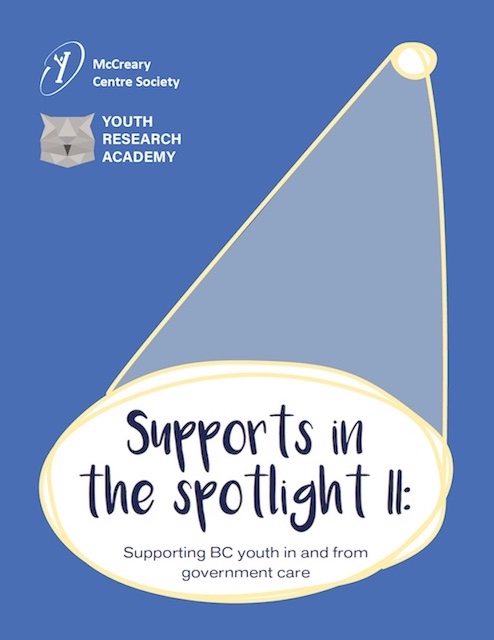
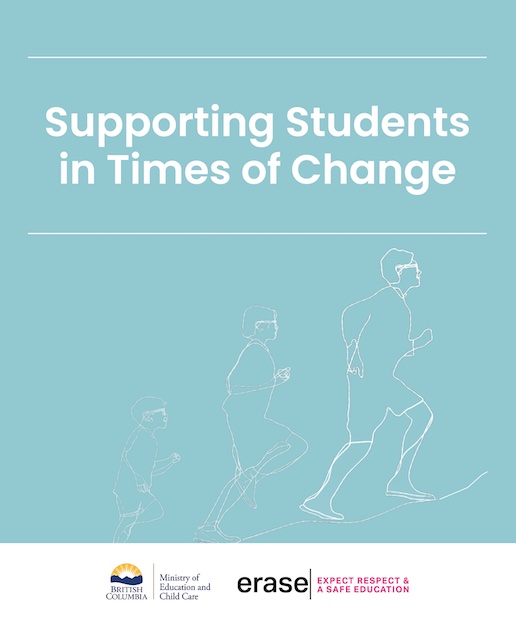

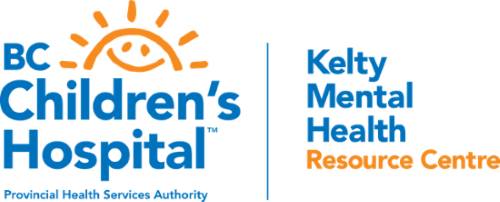

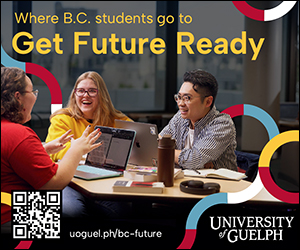
.png)


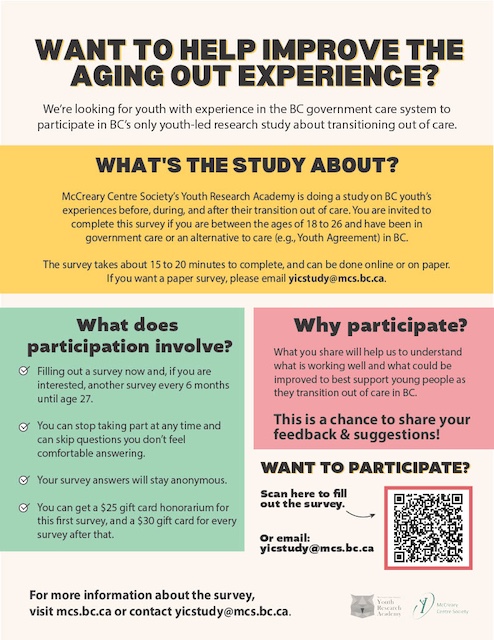
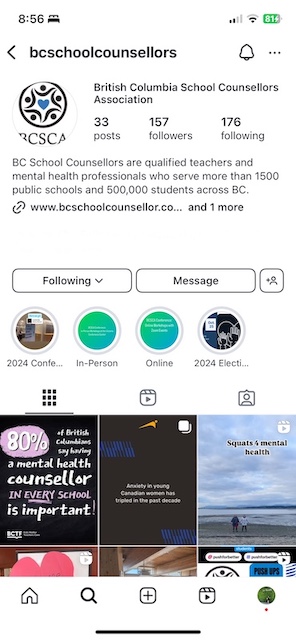

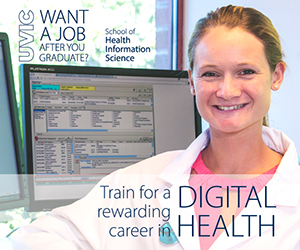
.png)
